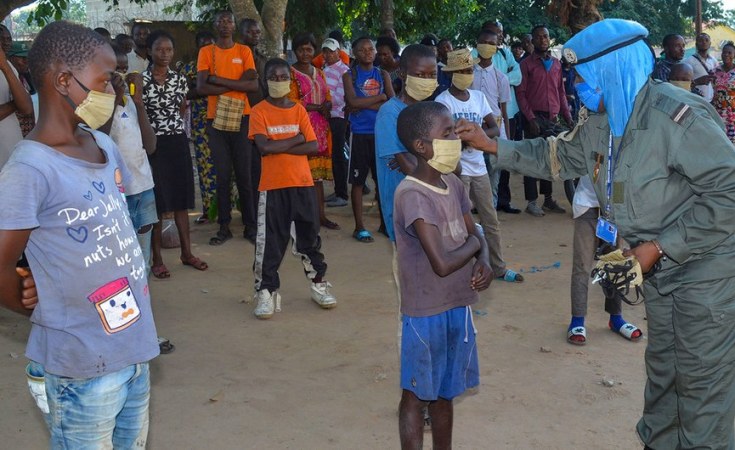A low-cost steroid dexamethasone can save the lives of one in eight severely ill patients on ventilators being treated for COVID-19 and of one in 25 patients who are receiving supplemental oxygen.
That's according to Oxford University researchers Peter Horby and Martin Landray, who are conducting treatment experiments as part of the large Recovery Trial – a large, randomised controlled trial of possible treatments for patients admitted to hospital with COVID-19. Recovery is backed by a grant coordinated by the UK Research and Innovation/National Institute for Health Research (NIHR).
The news is regarded as a breakthrough for preventing deaths among patients in intensive care, whose odds of dying are high. If available earlier, it could have saved thousands of lives. The treatment should be welcome news in poorer countries, where its relatively low cost makes it feasible to use.
The drug already is used in treating autoimmune disorders because it reduces inflammation, and it is also used in treating cancer. An unregulated inflammatory response, known as a 'cytokine storm', is thought to cause some of the most devastating organ damage in COVID patients.
The UK Government's Chief Scientific Adviser, Sir Patrick Vallance, said in Recovery's just-released statement: "This is tremendous news today from the Recovery trial showing that dexamethasone is the first drug to reduce mortality from COVID-19. It is particularly exciting as this is an inexpensive widely available medicine."
Any advance that could save many thousands of lives is welcome, as SARS CoV-2, the coronavirus that causes COVID-19, continues it global rampage. At the same time, this is not the transformative discovery that will be needed to depress the infection curve among the general population. Until there is a treatment that cures most of those infected, or a vaccine that becomes widely distributed around the world, the terrible toll on public health and national economies will persist.
In the meantime, the World Health Organization's constantly updated advice on protection from the novel coronavirus is a guide to staying alive. WHO's exhortation to wear masks, stay physically distant from others and wash hands remains the most important advice to keep individuals and communities safe.
NOTE: Core funding to the NIHR for the Recovery Trials is contributed by NIHR Oxford Biomedical Research Centre, Wellcome, the Bill and Melinda Gates Foundation, the Department for International Development, Health Data Research UK, the Medical Research Council Population Health Research Unit, and NIHR Clinical Trials Unit Support Funding.
RELATED: Ebola, Hydroxychloroquine, COVID-19 – WHO Tackles a World of Health Challenges


